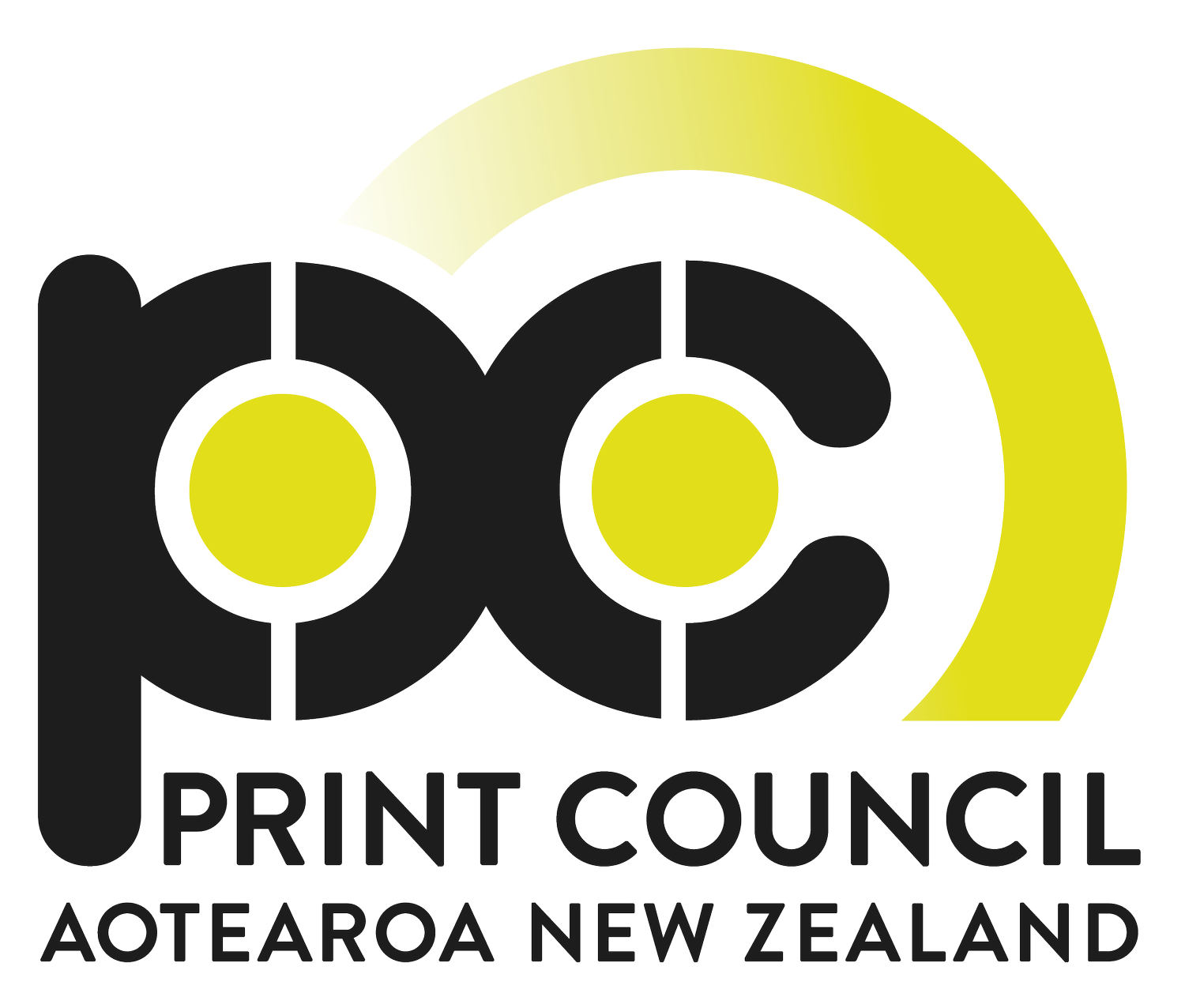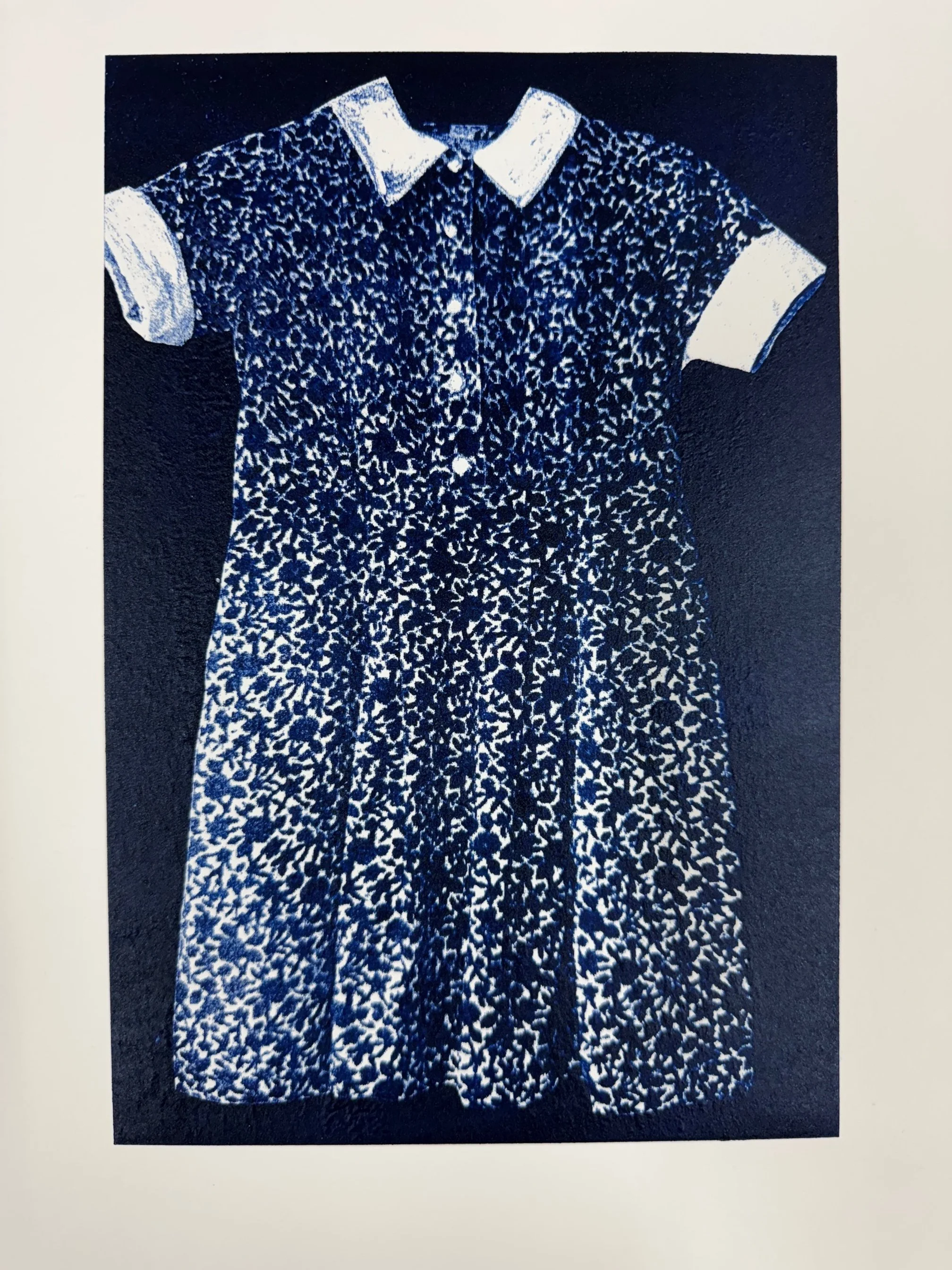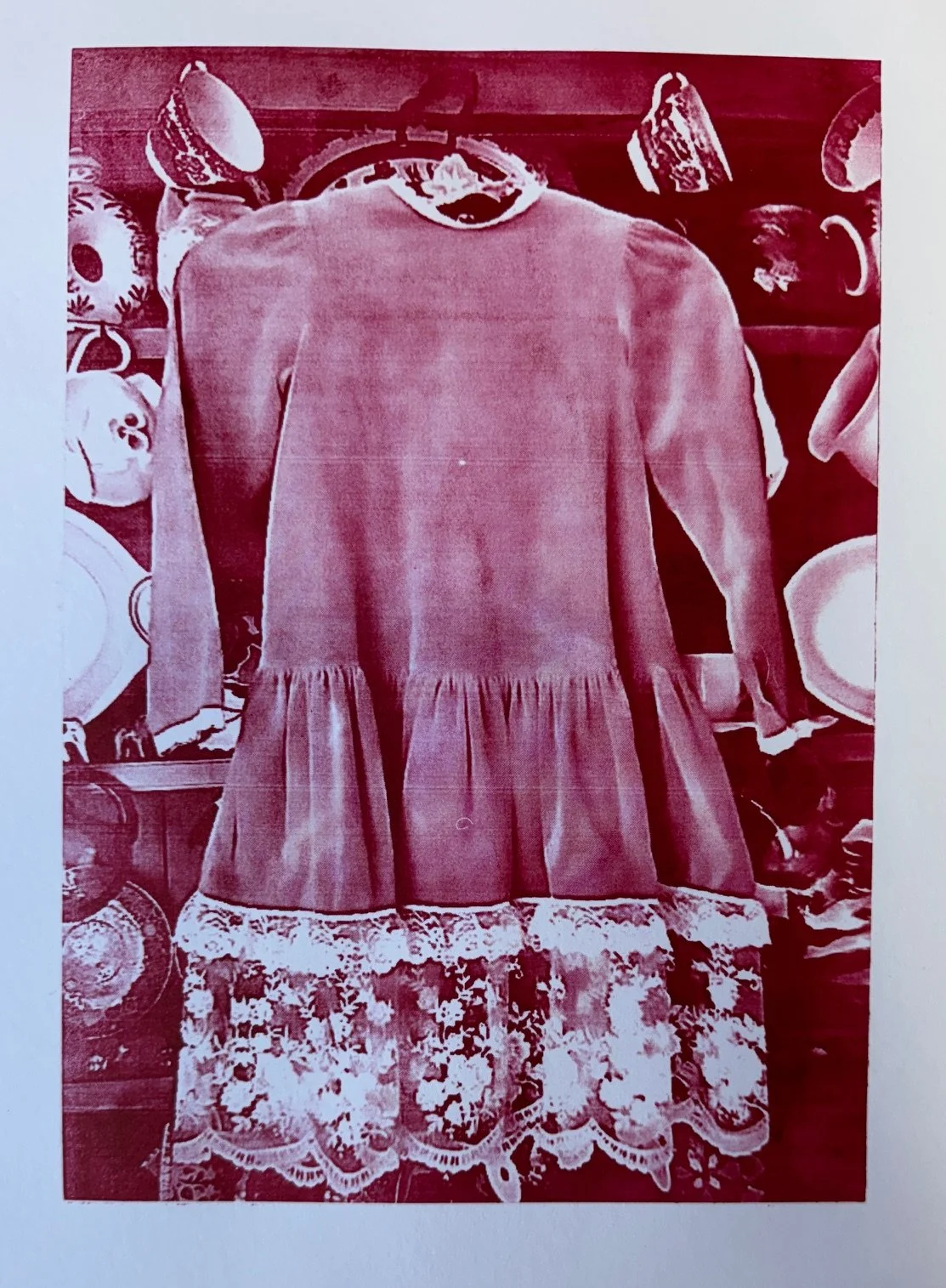Thursday 15th - Friday 16th January 2026
$220 workshop only
$370 workshop + 2 nights accommodation - self catering
Combining Solar Plate & Pronto Plate
Workshop Overview:
This two-day workshop introduces participants to two photomechanical printmaking processes: Solar Plate Intaglio and Pronto Plate Lithography. Both methods rely on the transfer of imagery using a photocopier (laser, not inkjet), yet each requires a distinct approach to image preparation and plate-making. Participants will gain hands-on experience with both techniques, develop a suite of prints, and explore the creative potential of combining processes in layered compositions.
Designed for adult learners, artists, and educators, this workshop supports experimentation, technical skill-building, and integration of new methods into existing art practices.
Day One: Introduction & Pronto Plate Printmaking
Image Preparation & Process Introduction:
Participants will begin by exploring the technical differences between Solar Plate and Pronto Plate processes. While both use photocopied images, their requirements for contrast, tonal range, and surface sensitivity differ significantly:
Solar Plate works best with mid-tones and subtle detail. Deep blacks can overexpose the polymer, resulting in unwanted plate erosion.
Pronto Plate benefits from high-contrast images—rich blacks and bright whites result in better image retention on the plate.
Participants will learn how to edit photographs and drawings accordingly. Source materials can include hand-drawn images, collage, digitally manipulated compositions, or a mix of these.
For Pronto Plate: Images are photocopied directly onto the plate (the copier mirrors the image—important for text).
For Solar Plate: The image is printed onto transparency film, placed face down on the plate for exposure (not mirrored in the final print).
Composition Development & Resource Sharing:
Participants will plan and develop compositions using their own source materials, with guidance on how to tailor imagery to suit each process. There will be time for drawing, editing, and experimenting with layout.
Pronto Plate Printmaking:
The rest of the day focuses on Polyester Lithography using Pronto Plates. Techniques covered include:
Hand-drawn and photocopied image transfer
Collage integration
Multi-plate colour printing
Pronto over monoprint layering
Participants will prepare, ink, and print plates using an etching press, exploring the rich possibilities of layered, process-based printmaking.
Day Two: Solar Plate Intaglio
Solar Plate Image Transfer:
Day Two focuses on Solar Plate (photopolymer) printmaking. Using a UV exposure unit (or sunlight), participants will transfer their prepared imagery onto light-sensitive plates. Emphasis is placed on:
Transparency preparation
Exposure and washout processes
Understanding tonal translation
Intaglio inking and wiping techniques
Printing & Creative Exploration:
Participants will use the etching press to pull a series of prints, experimenting with multiple plate effects and surface qualities unique to Solar Plate. The day will also include demonstrations and discussion on creative applications and combining processes.
Outcomes:
By the end of the workshop, participants will:
Understand the technical distinctions and creative potential of Solar Plate and Pronto Plate printmaking
Have developed original compositions tailored to each process
Produce a small edition or series of exploratory prints
Gain confidence in integrating new techniques into their own practice
Final Notes:
This workshop supports a spirit of inquiry and experimentation. Whether you’re a practicing artist, an educator seeking new processes to bring to the classroom, or simply curious about these printmaking techniques, you’ll leave with skills, prints, and inspiration to carry forward.
Shelley Ryde
Shelley Ryde is an experienced visual arts educator, artist, and facilitator with over five decades of teaching and professional practice. Formerly Head of the Visual Arts Department at Diocesan School for Girls in Auckland, a position she held from 1983 until her retirement in 2024, Shelley now works as a consultant, workshop presenter, and online mentor, with a particular focus on contemporary approaches to printmaking.
She holds a Diploma in Fine Arts from the Ilam School of Fine Arts and a Master of Fine Arts from the Royal Melbourne Institute of Technology. Her teaching and facilitation are grounded in inquiry, experimentation, and connection, encouraging participants to think critically and to explore the expressive potential of visual language.
Throughout her teaching career, Shelley maintained a personal art practice encompassing writing, drawing, painting, and printmaking. Initially trained as a painter and art historian, her interest in new technologies in printmaking developed after attending a Master Workshop on Long Island, New York, where she met Dan Welden, the master printer who first developed Solar Plate etching. She later attended two international Impact print conferences at Bristol University consolidating her knowledge and printmaking experiences.
Shelley is now widely recognised for her specialist expertise in printmaking, reflected in the outstanding results achieved by her students in both Level 3 NCEA and the IB Visual Arts programme. Her workshops span foundational skills through to experimental techniques, and she has developed a particular strength in photopolymer (Solar Plate) and polyester (Pronto Plate) lithography. She also teaches traditional printmaking, including monoprint, dry point etching, etching, aquatint, collagraph and screenprint.
She has led professional development workshops across Aotearoa New Zealand and presented to students at all levels. Her workshops are in high demand. Shelley is available to travel to schools and art centres nationwide. Her skills and expertise are highly valued by artists and educators seeking to expand their own practice and technical vocabularies. She is a regular contributor at regional and national events, including the ANZAAE biennial conferences, where her contribution to art education has been formally acknowledged.
Shelley’s sessions are known for being generous, practical, and inspiring. She brings to every workshop a deep commitment to sharing knowledge, building creative confidence, and fostering a spirit of curiosity—always asking: What would happen if? And: What, why, and how?




